by Ella Kidron
The 8th annual Wuxi Marathon was held in Wuxi, Jiangsu province on Apr. 11. To mark the event, the sports division of JD.com hosted an exhibition space from Apr. 8-11, giving runners and spectators a place to play games, try out products and make purchases through a pop-up store, and even get running tips. Consumers can test products on display and then buy them online to be delivered home, creating an omni-channel experience and raising awareness of JD’s sports category.
The high-tech space featured a virtual skiing game, an electronic hoops shooting game and more, and attracted people of all ages to learn more about JD while being entertained.

JD booth at the Wuxi Marathon
At least 10,000 people visited the booth each day. Viewers were encouraged to take photos and share them on their social network platforms, raising the overall influence of the event and profile of the JD brand among sports enthusiasts.
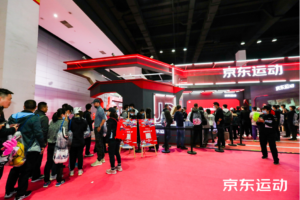
Visitors to JD booth at Wuxi Marathon
This is the 7th year that JD has partnered with the Wuxi Marathon. In addition to providing an onsite experience, JD also supported the event through its event signups platform as well as deals on hotels and high quality running gear through its e-commerce platform. The company has also partnered with top sports gear brands at past events.
In addition to the Wuxi Marathon, JD has had a presence at several marathons across China, including the Shanghai Marathon, the Suqian Marathon, the Chengdu Marathon and several others.
The person responsible for JD’s partnerships with sporting competitions explained that such events provide an excellent bridge between customers and sporting goods and apparel brands as well as JD.

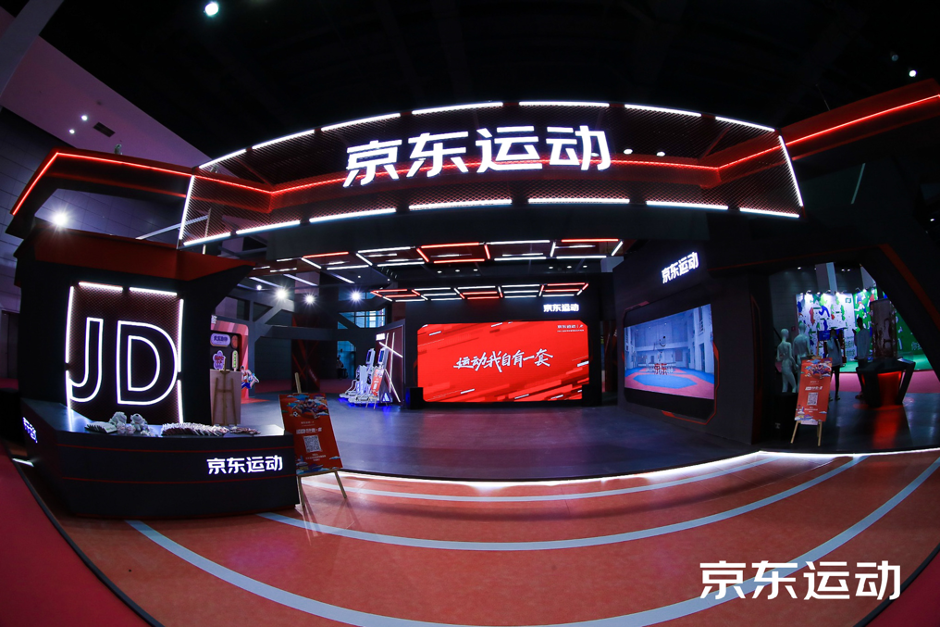

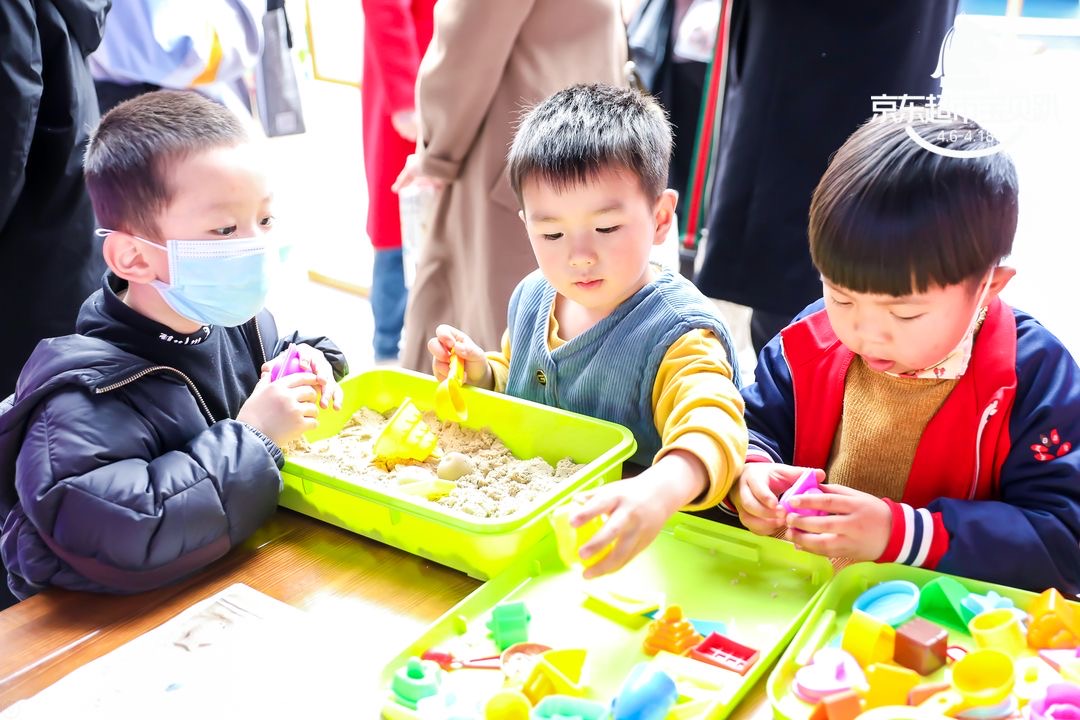





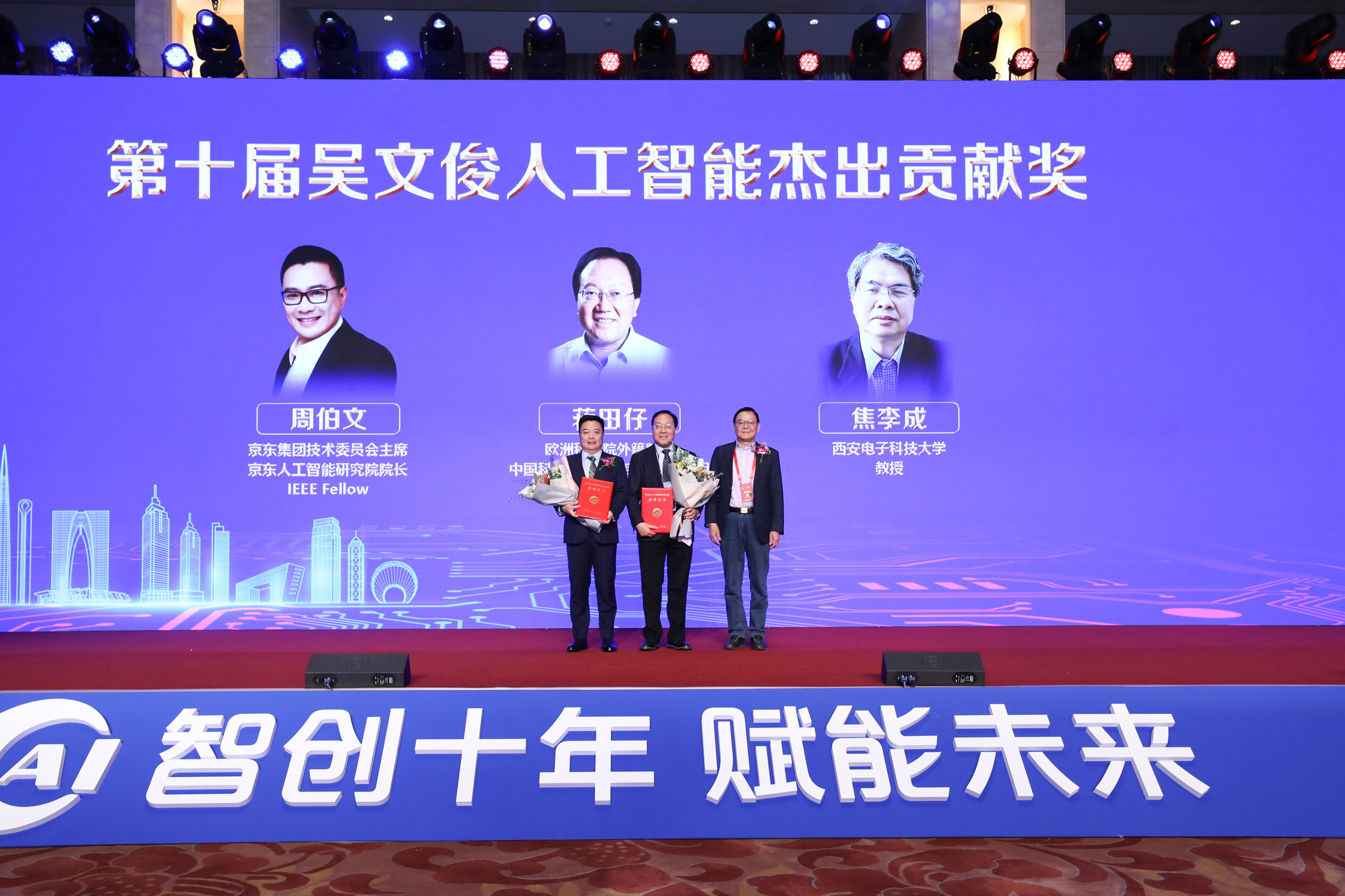
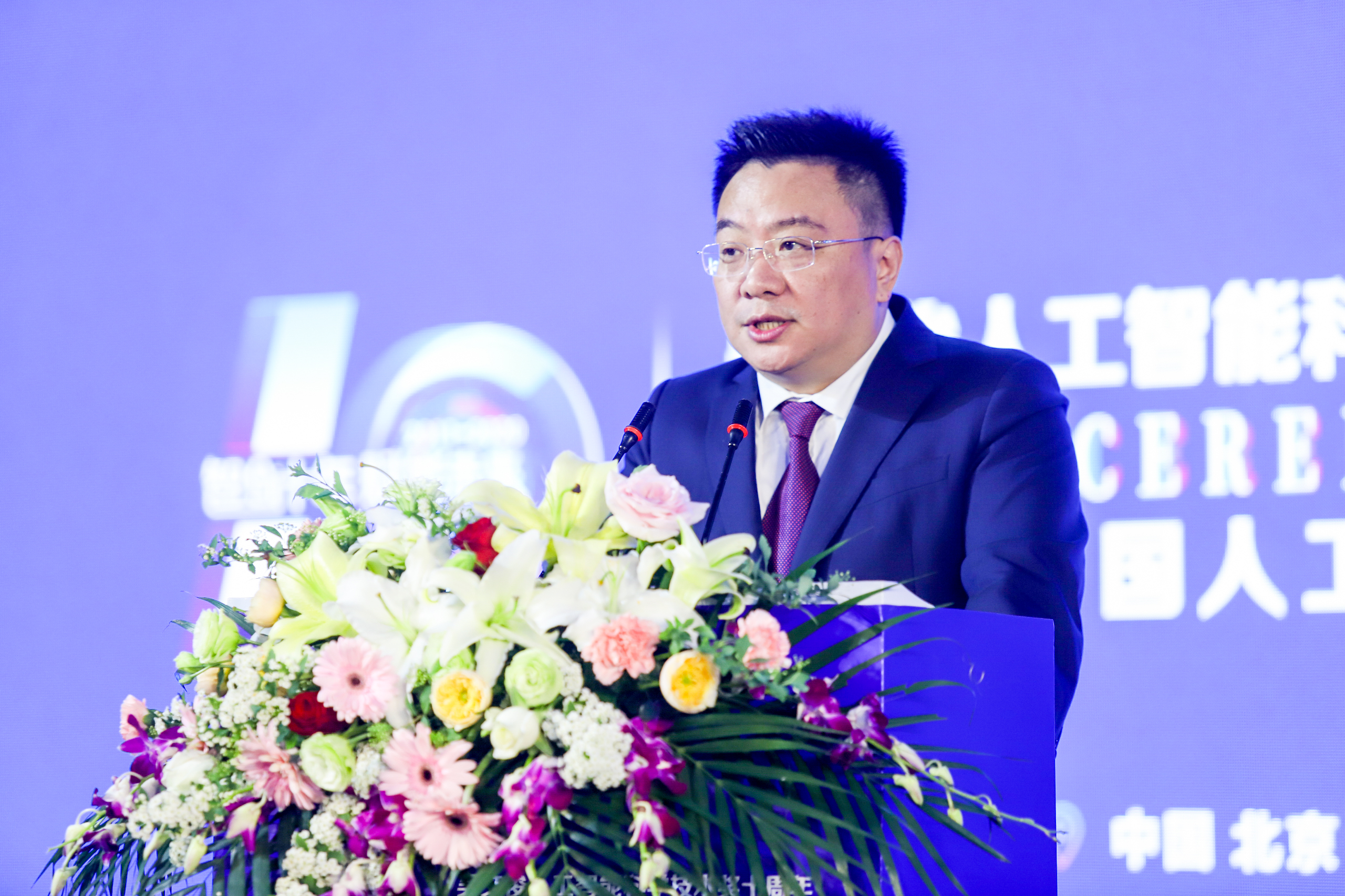
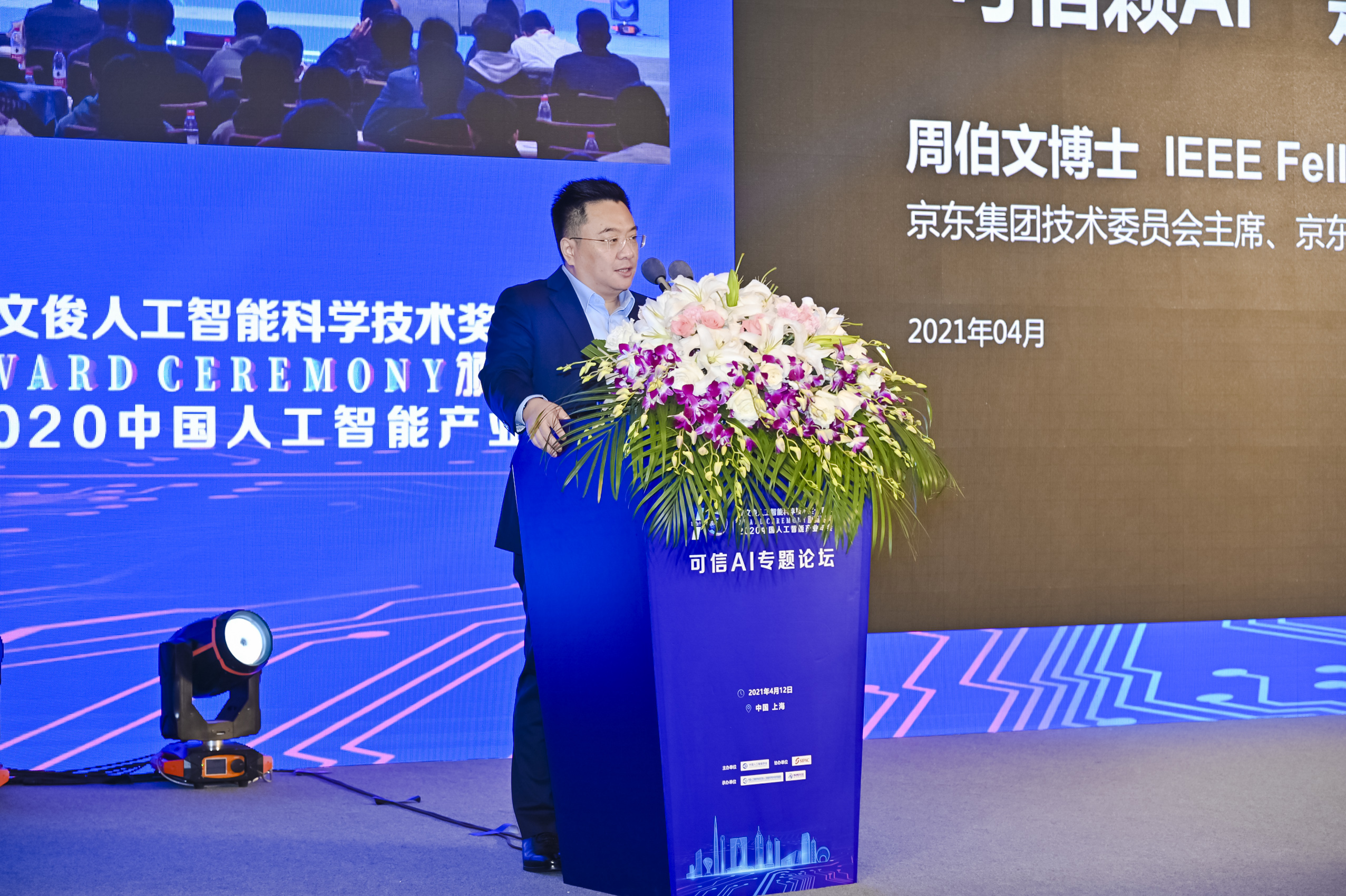



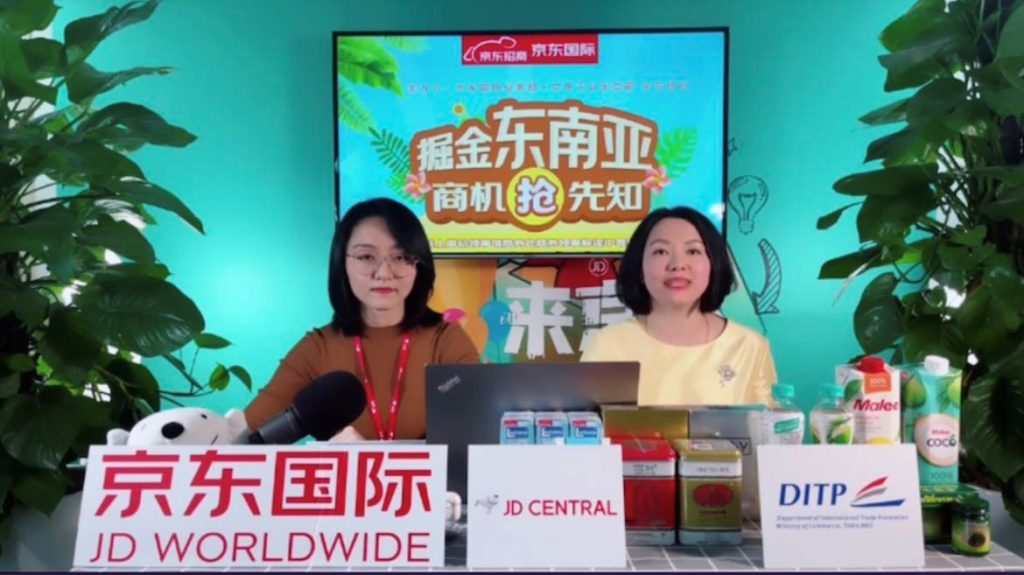 Ms. Jeeranun HIrunyasumlith (right), Commercial Consul of Royal Thai Consulate-General in Shanghai and the host Xinai Zhou (left) from JD’s marketplace business
Ms. Jeeranun HIrunyasumlith (right), Commercial Consul of Royal Thai Consulate-General in Shanghai and the host Xinai Zhou (left) from JD’s marketplace business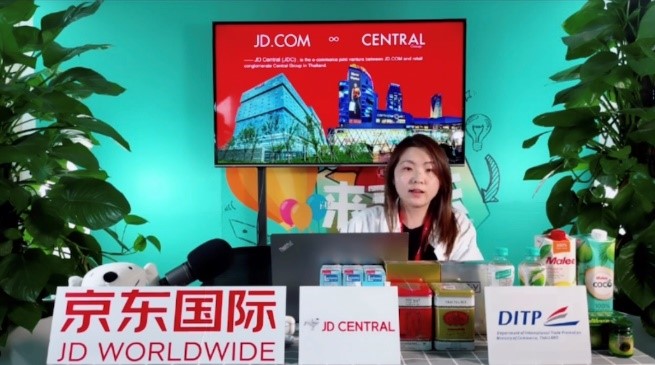 Ms. Jia Xiong, Thai business development manager at JD Worldwide
Ms. Jia Xiong, Thai business development manager at JD Worldwide



